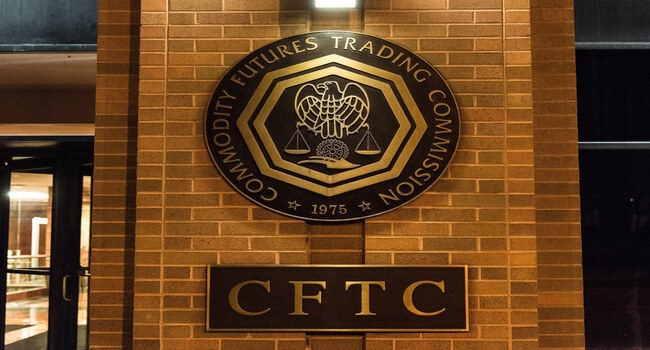Highlights:
- CFTC investigates crypto fraud involving 15 assets, including memecoin BEN, with the subpoena issued.
- The agency has focused on Ben Armstrong’s involvement in the meme crypto fraud case.
- Armstrong admitted to promoting fraudulent memecoins but claimed the BEN incident was accidental.
The United States Commodity Futures Trading Commission (CFTC) is investigating potential crypto fraud involving 15 different digital assets, including the memecoin BEN, The Block reported. On July 16, the CFTC issued a subpoena to Hit Network, the former company of prominent crypto influencer Ben “BitBoy” Armstrong.
CFTC investigates potential crypto fraud linked to 15 tokens
The Commodity Futures Trading Commission (CFTC) is probing potentially fraudulent activities involving 15 digital tokens, including memecoin BEN, The Block reported. The agency has subpoenaed Hit Network, a crypto…
— CoinNess Global (@CoinnessGL) August 2, 2024
The subpoena requires detailed information about trading activities and digital wallets for the 15 crypto assets. The CFTC alleges fraudulent practices involving these digital assets by unidentified individuals. Although Armstrong’s name isn’t directly mentioned in the subpoena, the tokens under scrutiny were often highlighted in his videos. The crypto influencer claimed that some coins could increase by up to 100x. However, the market and investors reacted negatively to most of these tokens.
The videos discussing the tokens—excluding BEN—were produced under the BitBoy Crypto brand in or before March 2021. That month, Hit Network was established as a media company, with Armstrong hosting its flagship show.
Ben Armstrong’s Controversial Exit and Legal Battles with Hit Network
Armstrong’s association with Hit Network ended acrimoniously in August 2023 when CEO T.J. Shedd ousted him amid substance abuse allegations. Armstrong admitted to using diet pills and steroids but denied using hard drugs. After his departure, he was arrested for trying to reclaim a contested Lamborghini from a former business partner. He is currently involved in legal disputes with Hit Network over his removal and the vehicle.
In a statement, Armstrong claimed that his former colleagues seized financial control of the BitBoy Crypto brand in 2020, echoing accusations he has made online. He also expressed that he “could not be more happy about” the subpoena.
Armstrong told The Block:
“All I have asked for over a year, is for people to listen to me. Everyone in this industry almost turned on me. And now, many of those people will begin to feel the weight of their betrayals as many of them will end up connected.”
During his tenure at Hit Network, Armstrong frequently hosted YouTube videos recommending tokens he said would make viewers rich. However, many of these tokens declined in price. Armstrong has admitted participating in paid promotions of crypto projects, some of which were scams, though he claims it was unintentional. He notably paid a blockchain investigator for revealing his undisclosed promotions.
Update: Bitboy sent me the $10k pic.twitter.com/JxJ1yqA1CT
— ZachXBT (@zachxbt) December 6, 2022
Regulatory Scrutiny Intensifies Amid Armstrong’s Memecoin Involvement
One token mentioned in the subpoena is a memecoin called BEN, created by the pseudonymous influencer ben.eth on May 5, 2023. Armstrong joined the token’s core team shortly after but left on June 5, only to later become CEO himself.
A source close to Hit Network revealed that Armstrong’s involvement with the memecoin contributed to his departure, as other company members opposed integrating the token into their business. The investigation highlights the growing regulatory scrutiny of the cryptocurrency industry. Armstrong’s troubled exit from Hit Network, involving substance abuse allegations and legal disputes, adds to the complexity.





